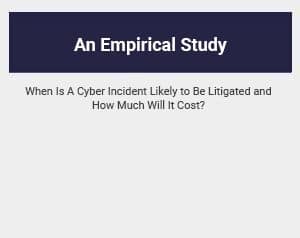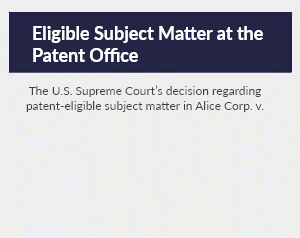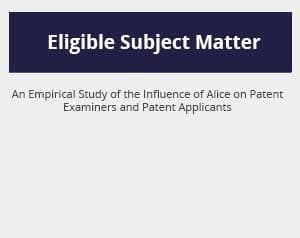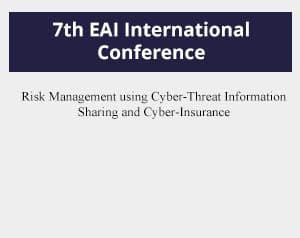Aug-6-2016
Business in America evolved around the idea that employees should work eight hours a day, five days a week, for a forty-hour work week. Since 1940, when Congress limited the workweek to forty hours in the Fair Labor Standards Act, this has become the norm. But how often do you get a call from your boss after hours or check your work email from home? If you added all the extra time spent working from home, how many hours would you find yourself working every week? Every time you pick up your phone or open your computer outside of your job to do work, you are actually working overtime without getting paid to do so. In the United States, this is so common it is virtually expected for working employees as part of their regular employment.In fact, a 2008 study showed that half of all American employees who use email during their jobs check their work email on weekends, and over a third do it even on vacations. Are American workers being unjustly deprived of overtime pay? Or rather, do changes need to be made in the workplace to keep companies from overworking their employees?
European countries focus on the latter question; changing the traditional workweek into one that favors employees during their free time. German companies, including BMW and Volkswagen, implemented restrictions on emails after normal work hours to prevent their employees from working past the clock. These companies wanted their workers to relax in their off time and prevent long-term burnout from having to constantly check their phones and email. Following in Germany’s footsteps, France banned companies from emailing their employees on weekends and holidays, and also limited their ability to send emails after hours. The United Kingdom also began having discussions of passing their own version of the law.
How likely is it that this new way of thinking crosses the Atlantic and enters the American marketplace? You may be surprised. Although outright bans on after-hours work-related emails and calls are not being considered, those communications may soon be considered for overtime pay. Last August, the Department of Labor began seeking input from the public on a proposal to pay employees for using electronic devices to perform work after they go home. While this is only a preliminary step, it does show that the American government is at least interested in the idea of regulating how much contact a company may have with its employees outside of regular working hours.
If it were enacted today, the proposed rule would not actually do much. Currently, only those employees who make less than $455 a week are eligible for overtime pay, and those are not usually the types of jobs that require the use of email. However, starting on December 1 that minimum salary rises to $913 a week, or over $47,000 per year, which will encompass many more jobs that use electronic devices to stay connected with their workplace after hours. The new rule will affect nearly 200,000 workers in Illinois alone.
Many issues will have to be resolved in determining whether the proposed after-hours communication rule is feasible in the United States, including how to track the time an employee actually spends using electronic devices to communicate with their workplace. Still, this proposed rule shows a willingness to encourage companies to allow their employees to remain free on their free time. Perhaps the prospect of paying employees overtime will move us closer to our European counterparts and re-introduce the notion of separating work time from free time.






